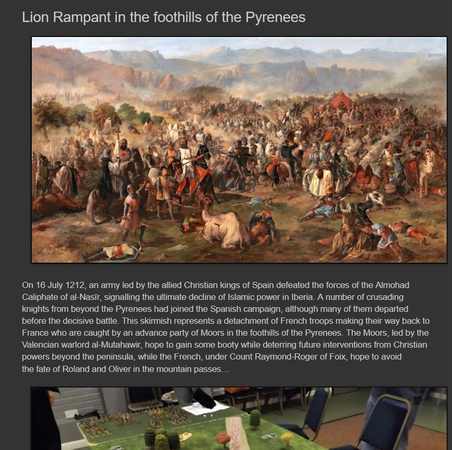
A Historical Journey From Pembroke to Bosworth
127 pages. Eight pages of black-and-white illustrations. Note on language, introduction, personal prologue, index, acknowledgements, and bibliography.
This is my first read in the Following in the Footsteps series, which as I understand it, profiles an historical in the context of a significant journey they made.
In this case, we have a double journey: the life journey of Henry Tudor, from his birth at Pembroke Castle to the Battle of Bosworth; and the actual journey Henry took when he landed in Wales (not far from Pembroke Castle) and marched with his army to what became known as the Battle of Bosworth.
The author explains that while his sympathies are with Henry Tudor's side of history, his father was on the side of Richard III, and so the author is familiar with the arguments of both sides and is attempting to provide a balanced assessment.
The first chapter (5 pages) provides a bit of historical fiction to put the reader in the place of Henry Tudor as his invasion fleet approached England.
The next chapter (19 pages) provides a thorough introduction to the Wars of the Roses. The third chapter describes events while Henry was a youth in England, until forced into exile (9 pages), while the fourth chapter deals with his years in Europe and the eventual assembling of his army (16 pages).
The fifth chapter (14 pages) covers Henry's sea voyage and possible points where he might have landed, King Richard's strategy, Henry's initial encampment and the question of Welch support.
The sixth chapter (10 pages) covers Henry's march north through Wales, with Rhys ap Thomas shadowing him with his army and not declaring his intentions yet.
The seven chapter (10 pages) describes Henry's march into England, Richard's march to meet him, and ending with Henry's disappearance during the march.
The eighth chapter (9 pages) speculates about Henry's mysterious disappearance (and reappearance), Henry's meeting with the Stanleys (whose troops remained uncommitted), and an assessment of the opposing Lancastrian and Yorkist forces on the eve of battle.
The ninth chapter (17 pages) covers the Battle of Bosworth Field, which the author explains was poorly documented. He includes two versions of where and how the battle may have unfolded, and comments on where Shakespeare got it right (or wrong).
The tenth chapter (7 pages) wraps up events after the battle (and the death of Richard III), and the eleventh chapter (6 pages) summarizes the rest of Henry's life and his significance in history. A 3-page Conclusion offers final thoughts on Henry, plus recounting the discovery of Richard's burial site in modern times.
I didn't care much for the historical fiction chapter, but I thought the initial chapters explaining the Wars of the Roses and Henry's role were excellent. When a subject is unresolved (such as where Henry brought his army ashore), the author does a good job of presenting all options and summarizing the facts.
The campaigning chapters were the least interesting, simply because this campaign consisted of marching, marching, marching, and then the single (but quite significant) battle. The author tries to keep the reader in suspense about which faction will support Henry or Richard, but I think most of us know the story already…
I was ambivalent about the battle account. The author does address the question of where it was fought (essentially, the traditional site and the site identified by modern scholarship), and provides a traditional account of the battle and then explains how it would have been different at the 'new' site. My disappointment was in the lack of maps, and not a lot of OOB information besides some general numbers of soldiers. If you want to game Bosworth Field, you'll need another source.
Is the account balanced? Well, the author makes it clear that he feels Richard III was the 'bad guy', while admitting that Richard was brave, a skilled warrior, and deeply religious…
The disappointment for gamers is that if you want to game this campaign, there was only the one battle and that was it. However, any armies collected would easily find use in other Wars of the Roses campaigns.
I found this book to be a quick read and a useful introduction to the Bosworth campaign. I recommend it for anyone wanting to get into this period.
Reviewed by ![]() Editor in Chief Bill
Editor in Chief Bill ![]()
![]() .
.








